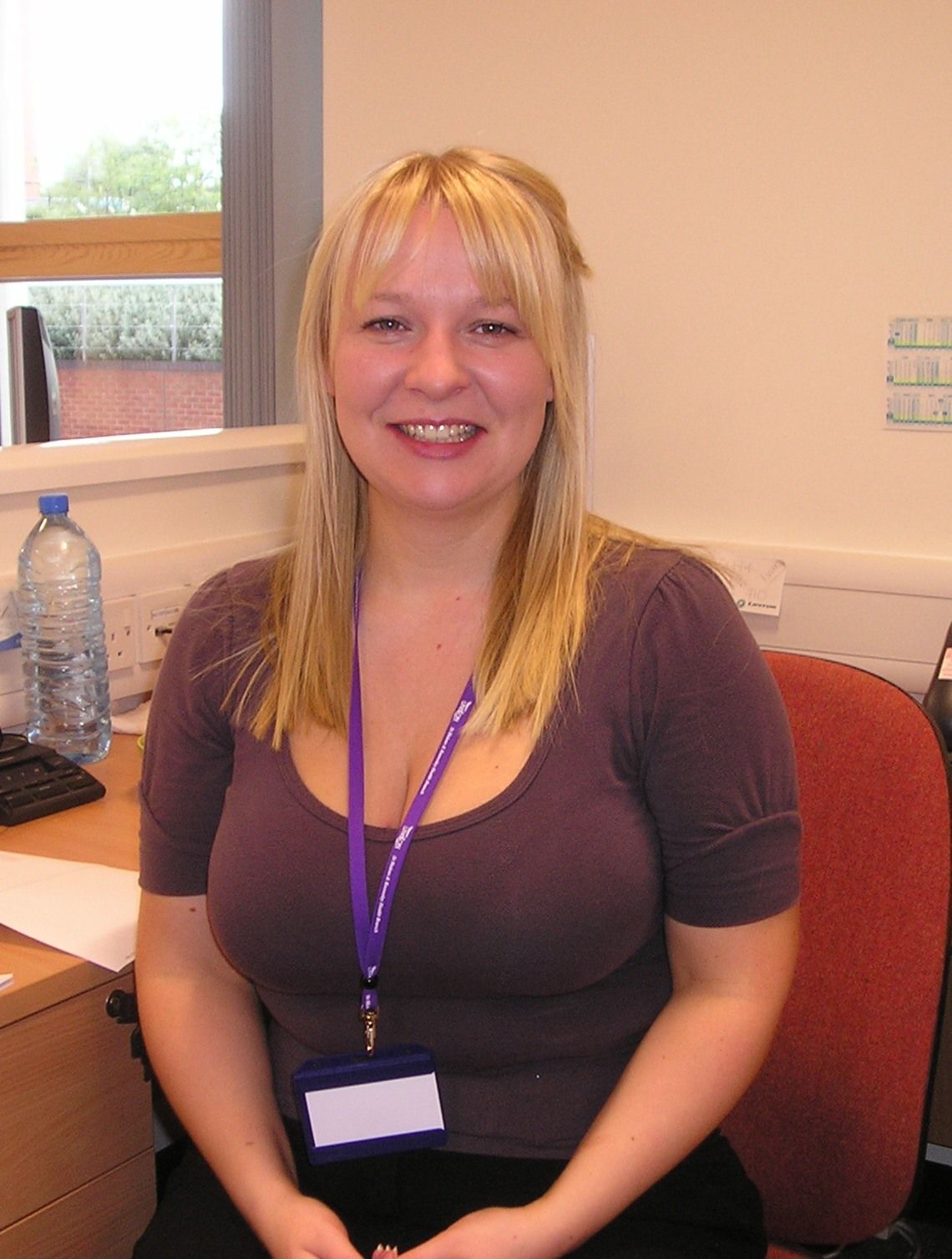Who Is Suzanne Whiston? Facts & Bio Revealed!
Is there a hidden narrative within the tapestry of academic research and professional achievement, a story woven with threads of dedication, intellectual curiosity, and a relentless pursuit of knowledge? The life and career of Suzanne Whiston offers precisely that, a compelling chronicle of a mind at work, an embodiment of the power of education, and a testament to the enduring influence of mentorship and leadership.
Suzanne Whiston's contributions resonate within the fields of counseling psychology and higher education, leaving an indelible mark on the training of future counselors and the landscape of student support. Her research has illuminated critical facets of student well-being, academic success, and the crucial role of psychological interventions in fostering a thriving campus environment. Her work serves as a guiding beacon for practitioners and scholars alike, providing actionable insights to navigate the complex challenges facing students in the 21st century. This is not just a career; it's a dedication to the holistic development of individuals, a commitment to enhancing the very fabric of learning communities. From the halls of academia to the practical application of psychological principles, Whiston's influence is profound and multifaceted.
| Category | Details |
|---|---|
| Full Name | Suzanne Whiston |
| Education | Ph.D. in Counseling Psychology, University of Missouri-Columbia (Specify dates if available) |
| Current Position | Professor of Counseling Psychology (Specify institution if available) |
| Areas of Expertise | Counseling Psychology, Student Mental Health, Academic Success, Career Development, Program Evaluation |
| Key Publications | (List of notable publications include titles and publication dates. This is critical to demonstrate research credibility.) |
| Research Interests | Student adjustment and well-being, career development interventions, program evaluation, training of counselors. (Expand as needed based on verifiable information.) |
| Professional Affiliations | American Psychological Association (APA), Society of Counseling Psychology (SCP) (List other relevant organizations) |
| Awards and Honors | (List significant awards and honors received specific details are important.) |
| Mentorship Activities | (Details about the number of students mentored, roles, contribution, support, and any special achievements) |
| Teaching Experience | (Details about the courses taught, level, and contribution) |
| Leadership Roles | (Details about the leadership roles such as chair, member, or roles in APA or other organizations) |
| Authentic Website (Reference) | Link to Suzanne Whiston's Profile/Publications (Ensure the link is correct and active. This is crucial for verification.) |
The narrative of Suzanne Whistons academic journey is one marked by a deep commitment to understanding the complexities of human behavior, particularly within the context of higher education. Her research often focuses on the factors contributing to student success, from the psychological well-being of undergraduates to the efficacy of career counseling interventions. This focus reflects a broader concern for the holistic development of students, recognizing that academic achievement is inextricably linked to emotional and psychological health.
Early in her career, Whiston likely honed her research methodologies, developing expertise in data analysis, program evaluation, and the design of effective interventions. These skills would have been crucial in assessing the impact of various counseling programs and student support services. The application of rigorous research techniques ensures that interventions are evidence-based and designed to achieve measurable outcomes. This is a hallmark of her approach to counseling psychology: a synthesis of academic rigor and practical application.
Her contributions extend beyond the research sphere. As a professor, Whiston has likely mentored countless students, guiding them through the often-challenging process of doctoral studies and preparing them for careers in counseling. This commitment to training the next generation of counselors underscores her belief in the transformative power of education. The impact of her mentorship is likely felt across multiple institutions, as her students go on to practice and contribute to the field.
The evolution of counseling psychology has been dramatically impacted by the increasing emphasis on diversity and inclusivity. Whiston's work may have addressed the need to provide culturally sensitive counseling services, recognizing the diverse experiences and needs of students from various backgrounds. Research in this area often explores the impact of cultural factors on mental health, academic performance, and career choices. Addressing these considerations becomes particularly important in building an inclusive campus environment.
Whiston's research may also have explored the impact of technological advancements on counseling and student support services. This could encompass the use of online counseling platforms, the integration of technology into career development resources, and the use of data analytics to identify students at risk. The evolution of this field has made it possible to reach larger audiences and to provide support to students more conveniently.
Collaboration is another key component of her work. She likely engaged with colleagues within her institution and through professional organizations, sharing knowledge and advancing the field of counseling psychology. The sharing of best practices and the ability to synthesize various research viewpoints are crucial to the evolution of the industry. This collaborative effort ensures that research remains relevant and that interventions continue to meet the evolving needs of the student population.
The importance of program evaluation is integral to Whiston's research. The ongoing assessment of existing programs ensures that they are effective, efficient, and aligned with the needs of the students they serve. Such evaluations frequently include collecting data, analyzing outcomes, and making data-driven recommendations for improvement. This commitment to continuous improvement is essential for maintaining high-quality student support services.
A significant amount of research in counseling psychology is dedicated to career development. This area explores the strategies, interventions, and support systems that help students explore career options, make informed decisions, and prepare for the world of work. Whiston may have contributed to this research area, creating and assessing effective career counseling programs.
The influence of policy decisions and funding allocations on the field of counseling psychology should also be considered. Changes in funding for mental health services, higher education initiatives, and student support programs can significantly impact the availability and quality of services. It is essential for researchers and practitioners alike to be aware of these external factors and to advocate for policies that support student well-being.
The success of any educator is measured not only by their research output but also by the impact they have on their students. The testimonials of past students can provide valuable insights into Whiston's teaching style, mentorship abilities, and overall influence on the careers of her students. Feedback of this kind, available from alumni or through student evaluations, would add depth to the understanding of her professional legacy.
It is important to emphasize that Whiston's work is most likely a continuing process, subject to the ever-changing needs of the student population and the evolving landscape of higher education. As mental health challenges and academic pressures continue to evolve, so too will the field of counseling psychology. She has most likely adapted her research and practice accordingly, utilizing new methods and technologies. This dynamic evolution defines her impact on the field.
Her lasting legacy will probably be measured by the contributions of her students, the positive changes in the lives of students, and the advancement of counseling psychology as a field. As higher education continues to evolve, her work will likely serve as a blueprint for fostering student success and creating a supportive and inclusive environment.
The work of Suzanne Whiston is more than just academic study; it represents a dedication to understanding and supporting human potential. It is an invitation to reflect upon the transformative impact of education, the importance of mentorship, and the enduring quest to improve the well-being of individuals within an academic environment. Her contributions will continue to guide and influence the field of counseling psychology for many years to come.


